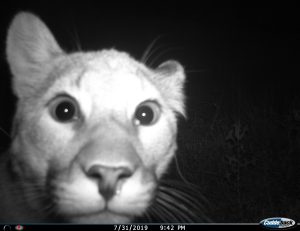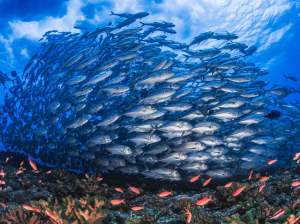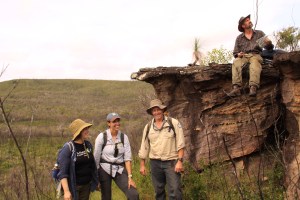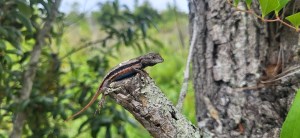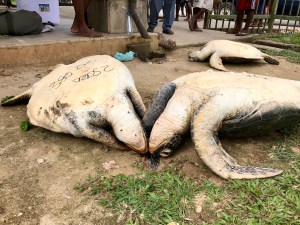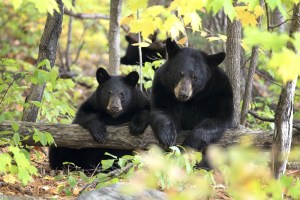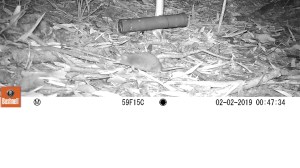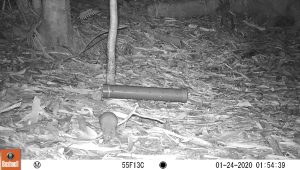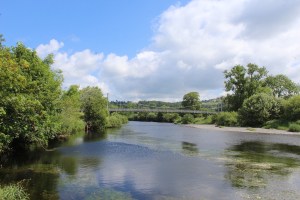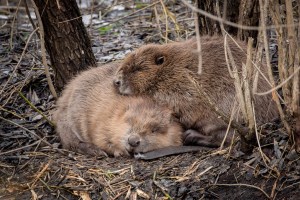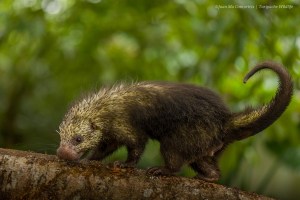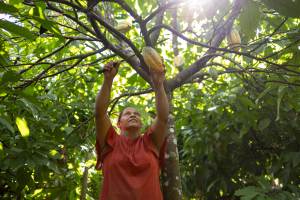Discover stories in Biodiversity
Are There Mountain Lions in New Jersey?
Sightings of mountain lions abound in the eastern United States. What’s the real story?
Fish Aggregating Devices Could Enhance the Effectiveness of Blue Water Marine Protected Areas
Research from TNC’s Palmyra Atoll suggests fish aggregating devices could increase the time mobile species spend within blue water MPAs.
A Day in the Life of a Field Scientist: Cape York Edition
Follow TNC scientists for a day of fieldwork in Australia’s Cape York – searching for palm cockatoos, cuscus and crocodiles, while discovering a diversity of little things.
Do Enticing Mites Help Florida Scrub Lizards Attract a Mate?
Scientists at TNC's Tiger Creek Preserve are using lizard robots — yes, robots — to figure out if parasitic mites helped lizards attract a mate.
To Save Pacific Turtles, Focus on Small-Scale Fisheries
Small-scale fisheries cause significantly greater mortality to Solomon Islands turtles than longliners.
Why Are Black Bears Thriving?
Most of the world’s bear species face serious threats, but black bears have adapted to a human-dominated landscape.
Caught on Camera: the Long-Nosed Chilean Shrew Opossum
Camera traps in the Valdivian Coastal Reserve document an increase in sites where one of Chile's least-known marsupials is known to live.
Meet the Mysterious Long-Nosed Chilean Shrew Opossum
Spoiler alert: it's not a shrew. It's a relict marsupial, and has lived in the forests of Chile's Valdivian Coast for millennia.
Blue Mussels & Water Pollution: Protecting Wales’s River Conwy
TNC & National Geographic Society extern Evy Mansat Gros shares her experience studying blue mussels & water pollution in Wales.
Bringing Beavers Back to Britain
Nature Conservancy & National Geographic Society extern Eleanor Salisbury shares her experience studying how reintroducing beavers to the U.K. can benefit both nature and people.
Crested Rats & Hairy Porcupines: Meet 7 of the World’s Coolest Rodents
Rodents don’t always have the best reputation, but they can be beautiful, surprising and just downright bizarre. Here are seven of the world’s coolest rodents.
Brazilian Family Farmers Use Agroforestry to Improve their Lands and Livelihoods (and Help Fight Climate Change)
Natural climate solutions, like agroforestry, can help protect biodiversity and contribute to the reductions needed to mitigate climate change.
